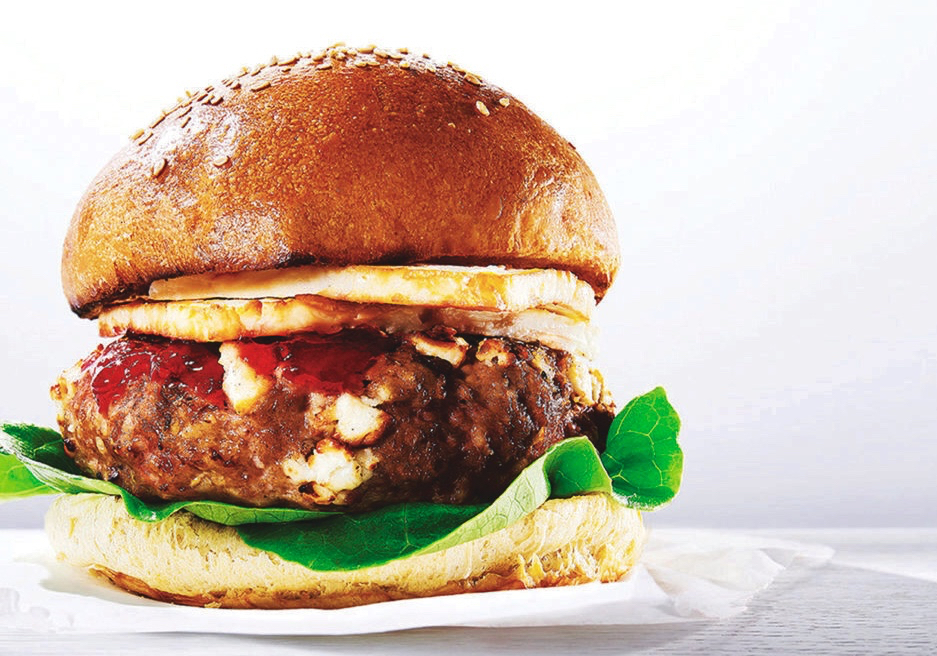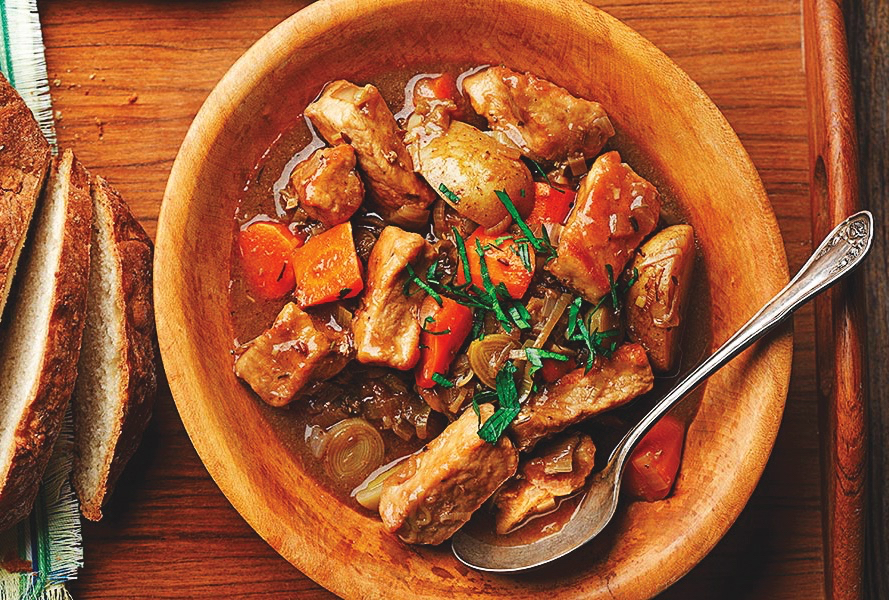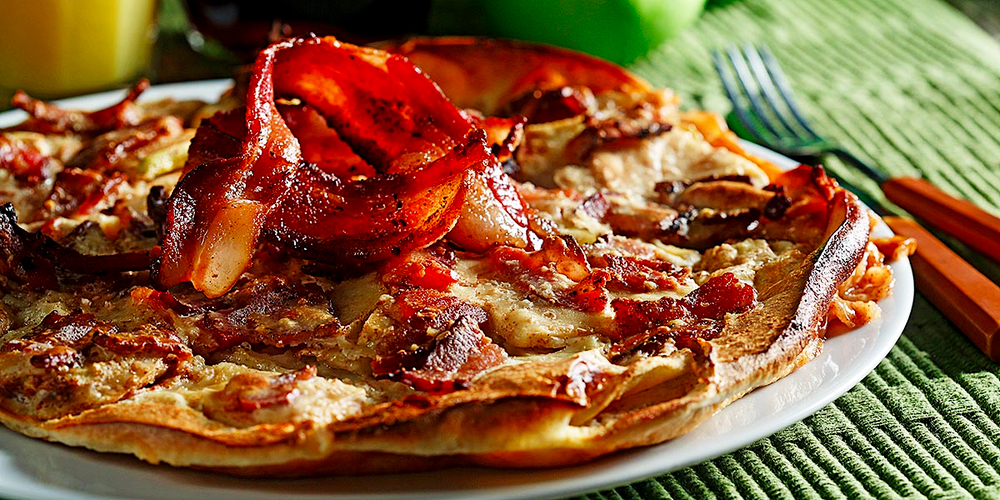Hardly anyone says ‘porridge’ anymore. It’s a plain, old word, like grits or gruel or frumenty.
For most of us it means, simply, boiled oats, a rather humble meal. Englishman Samuel Johnson, who had something to say about everything, once called oats “the grain, which in England is generally given to horses, but in Scotland appears to support the people.” The Scotsman’s retort was that was why England had good horses, and Scotland had good men.
We may not call it porridge, but we certainly still eat it. For many of us, the day starts with a bowl of oatmeal and we’re better for it. Oats are a feast of fibre, as scores of studies have shown, keeping us full longer and our cholesterol in check too.
Read Also

What I learned about Manitoba eggs
Manitoba-laid eggs provide good, locally produced nutrition while supporting local farmers and the Canadian agriculture industry.
- Read more: What’s in artificial sweetener packets?
But instant, quick-cooked, rolled or steel-cut oats for breakfast is by no means the only way to eat oats. Well-documented claims on the health benefits from eating oats have resulted in loads of new recipe ideas for taking oats long past breakfast.
There’s good reason to eat more; one cup of cooked instant oatmeal at breakfast has approximately four grams of fibre. But if the rest of our daily diet is low in fibre, that’s not enough. The Mayo Clinic recommends that men and women under the age of 50 consume 38 and 25 g of fibre a day, respectively. Men and women who are 51 and older should be consuming 30 and 21 g of fibre a day.
Here’s a couple of recipes to encourage you to try oats in new ways. I stopped by the Prairie Oat Growers Association’s booth at Ag Days where they were handing out these giveaway recipe cards. I’ve already baked this beautiful bread recipe and promise it won’t last long in your household.
You’ll find more oat recipes at www.poga.ca.

Saskatoon oat and seed bread
- 1 c. oat bran
- 1/2 c. quick-cooking oats
- 1/2 c. whole wheat flour
- 1 tsp. baking soda
- 1 tsp. baking powder
- 1/2 tsp. salt
- 1/3 c. ground brown or golden flaxseed
- 1/3 c. lightly packed brown sugar
- 1/4 c. unsalted, toasted sunflower seeds
- 1/4 c. unsalted, toasted pumpkin seeds
- 2 tbsp. whole brown or golden flaxseed
- 2 tbsp. sesame seeds
- 2 tbsp. poppy seeds
- 1-1/4 c. 1 per cent buttermilk
- 1 large egg, beaten
- 2 tbsp. canola oil
- 2/3 c. fresh saskatoon berries or frozen, thawed and drained
Preheat oven to 350 F and position rack in the centre of the oven. In a large bowl, combine oat bran, oats, flour, ground flaxseed, salt, baking powder, brown sugar, sunflower seeds, pumpkin seeds, whole flaxseed, sesame seeds and poppy seeds. Mix well. In another bowl, whisk buttermilk, egg and oil. Add to dry ingredients. Stir until moistened. Gently stir in saskatoon berries. Spoon batter into a 9×5-inch loaf pan that has been sprayed with a non-stick cooking spray. Bake 50 to 60 minutes or until wooden skewer inserted in the centre of the loaf comes out clean. Cool in pan 10 minutes before removing to cooking rack. Cool completely before slicing or wrapping.
To toast seeds: Preheat oven to 350 F. Combine sunflower and pumpkin seeds in pie plate. Toast 3 minutes, stir, toast 3 minutes, stir again. If needed, toast another 2 to 3 minutes until lightly browned.
Yield: 1 loaf (16 slices)
Bread may be stored in an airtight container for up to 2 days or frozen for up to 2 months.
Recipe courtesy of Prairie Oat Growers Association and SaskFlax
Oat risotto
- 1 small onion, diced
- 1 tbsp. canola oil
- 1 c. steel-cut oats
- 3 c. low-sodium chicken broth, heated
- 1/2 c. white wine (*)
- 1/2 c. frozen baby peas, thawed
- 1 tbsp. chopped fresh herbs such as rosemary,thyme, parsley, dill
- 2 tbsp. ground flaxseed
- 1 tbsp. grated Parmesan cheese
In a medium pan, over medium heat, sauté diced onion in oil for 1 minute.
Add oats, cook and stir 3 minutes until starting to lightly toast and smell nutty.
Add 1/2 cup hot broth, stirring constantly until liquid is absorbed. Repeat with another 1/2 cup doing the same until you’ve added a total of 2-1/2 cups. Add peas and herbs. Stir in wine, cook and stir until wine is absorbed. Risotto is served el dente. Taste and check texture, adding more broth and cooking a few more minutes if needed. Remove from heat, stir in ground flaxseed and Parmesan.
Yield: 3 cups
Variations:
- 1/2 c. diced zucchini, edamame, etc.
- 1/2 c. sliced mushrooms
- 1/4 c. chopped sun-dried tomatoes
(*) Wine may be substituted with 1/2 cup of chicken broth.
Risotto should be served a little on the soupy side, not thick like porridge.
Recipe courtesy of Prairie Oat Growers Association and SaskFlax




















